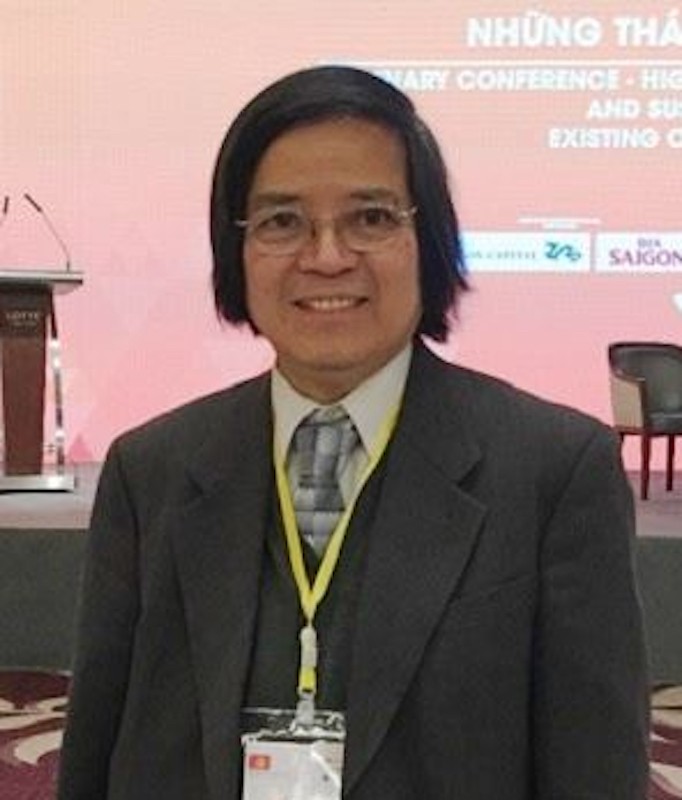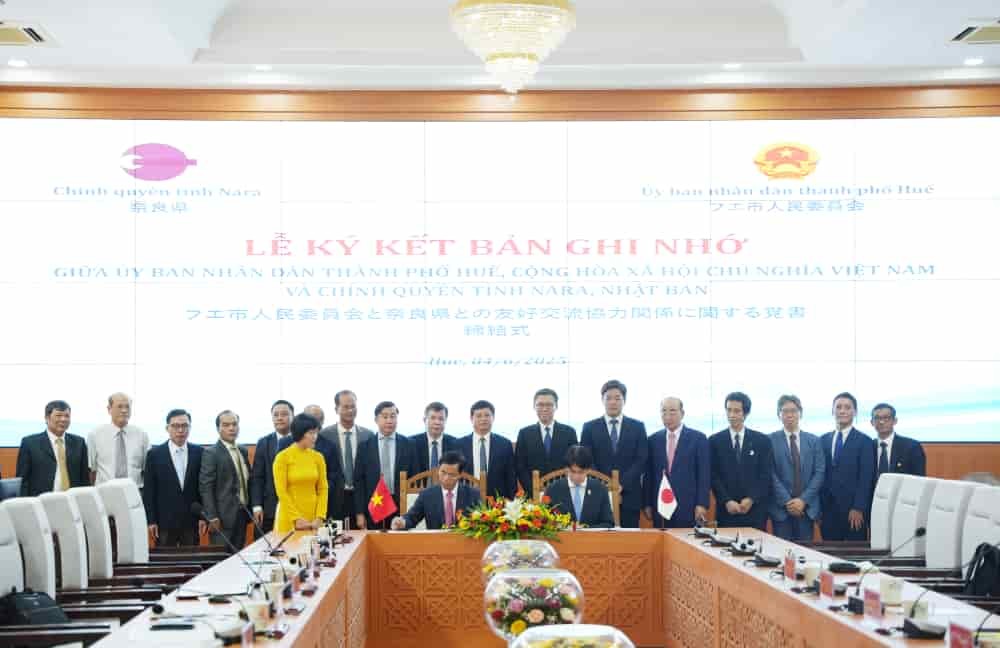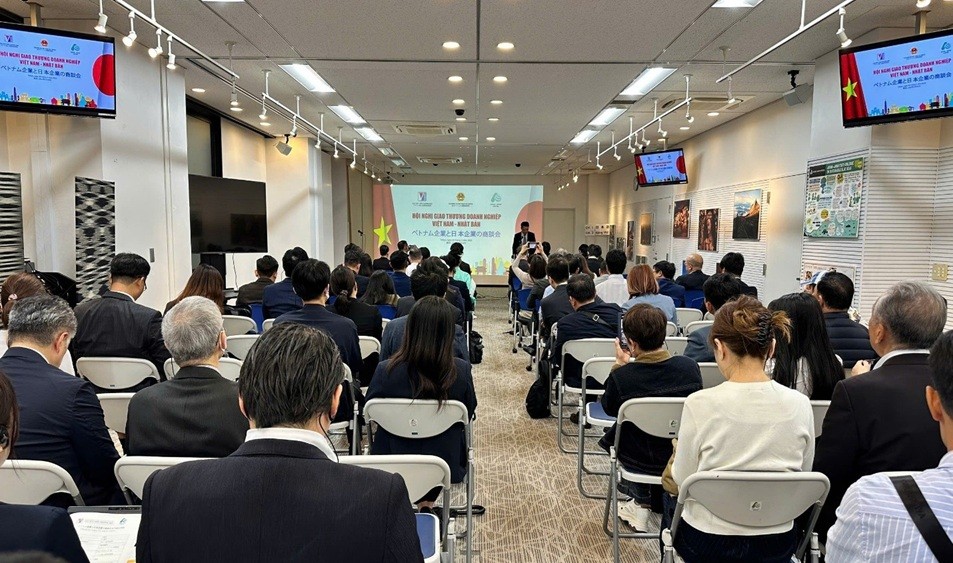Economic Expert: Vietnam Must Have A Period of 'Economic Miracle' to Meet 2045 Development Goals
To celebrate the release of the new book "Japan's Economy Miracle 1955-1973 and Implications for Vietnam Today" by Vietnamese professor Tran Van Tho, an Honorary Professor from Waseda University (Japan), he and the Embassy of Japan in Hanoi co-organized a book talk and discussion about the economy development of Vietnam and Japan.
 |
| Prof. Tran Van Tho's book: Japan's Economy Miracle 1955-1973 and Implications for Vietnam today (Photo: SGGP) |
Two Factors Contributed to Japan's Miraculous Development
Professor Tran Van Tho presented the contents of economic development in the period 1955-1973 from the perspective of political strategy, since the Meiji era, economic structure, capital accumulation, and economic competition.
Professor Tran Van Tho also convincingly presented the economic structure according to three sectors (agriculture, industry, and standard services), economic growth, and GDP per capita, from the current status quo to the achievements gained during this period of miraculous development.
To become a high-income country by 2045, Vietnam needs to industrialize through economic modernization, and a high-level intellectual economy. Japan has become one of the world's seven leading industrial countries from post-war devastation.
Japanese Economy and Public Finance (White Paper) reminds us that Vietnam needs an economic white paper. Vietnam only needs a single, well-edited, honest version, not different versions compiled by individuals or organizations with low value. The opening and integration in the book about the Japanese economic period of miraculous development from 1955 to 1973 is similar to the development period until 2045. This shows that Vietnam should study Japan to develop domestic industry thanks to methodical industrial policies, private enterprises participating responsibly, and absorbing new knowledge and technology.
Currently, we have not determined the list of key national export products, because there are many lists from ministries, even though the development model is oriented towards export, focusing on the electronics industry. We lack quality steel, electronic chips, and basic materials to serve the production of key export goods. Therefore, Vietnam needs to study the lessons of Nippon and Panasonic and research the potential of domestic raw material mines. To help readers easily understand and apply to Vietnamese practice, Professor Tran Van Tho presented the characteristics of Japan's period of miraculous development, with the basic factors that contributed to this period of historical development.
Professor Tran Van Tho clarifies the innovation of the growth model based on investment efficiency, quality labor, and especially aggregate productivity. This model is applied by the IMF, according to the interpretation of scholar Robert Solow to forecast the economic growth of countries and territories. Capital accumulation is extremely important based on investment. Investment accounting for about 30-35% of GDP is reasonable. It is important to invest in developing industrial production, effectively and competitively, bringing high profits mainly from private economic corporations. Vietnam needs to soon conduct systematic and in-depth research, and create a legal corridor to develop a national enterprise system that competes well on the foundation of a standard business culture.
According to Professor. Tran Van Tho, innovation needs to be implemented simultaneously in the process of industrial development. I think that innovation in Vietnamese conditions requires research and development of a business ecosystem, with businesses large enough in scale and level to be effective. My experience studying here gave me an awareness that national development needs to be based on continuous learning and work. Vietnamese businesses still lack the spirit of community service, they focus on making profits, and rarely learn about technology, management, and the market. Research on technology, innovation, science, and technology policy partly explains why Vietnam has poor technology innovation and governance. This is due to our limited understanding of basic knowledge and lack of focus.
Suggestions for Vietnam
In the presentation of suggestions for Vietnam today, Professor Tran Van Tho gave the connotation of building a constructive state for development, including an effective state apparatus and training, selection of officials, policy formulation, and implementation processes. It is necessary to focus on developing markets, especially capital markets, land, and labor markets that Vietnam is currently facing challenges in, building and accessing information easily and transparently. Social capacity, with five components including political leaders, state officials, businessmen, intellectuals, and ordinary workers, is based on improved education, training, and culture.
This forms a unified block and creates high capacity based on stable institutions and correct policies. It is interesting for Vietnamese readers that Professor Tran Van Tho hypothesized and carefully explained why Japan fell into economic recession from the early 90s, 20th century until now. Are the Japanese people too cautious and not bold enough to change and explore a new and volatile world? Thinking and practical experience made me realize that understanding standard knowledge is difficult, but applying that knowledge to practical situations is even more difficult. The knowledge here is about economic development concretized during Japan's miraculous development period in Vietnam's conditions.
As a macroeconomic research scientist for many years, having worked at the Institute for Development Strategy, the Ministry of Planning and Investment, and many international organizations, I respect the author because of the basic, in-depth knowledge in the book and the writing style that shows he is a person with a high cultural level. On the other hand, through the presentation, especially some questions, we know that Vietnamese people in the country, from scientists to businessmen, and especially young people with big egos, want to find new things. This is good, but don't forget that basic knowledge is important and needs to be thoroughly understood to be applicable in specific conditions, as we still have many limitations, in a world with a lot of information and fast changes.
More about Prof. Tran Van Tho
|
Associate Professor, Ph.D. Hoang Sy Dong, former head of the Department of Strategy for Manufacturing Development,
Institute for Development Strategy, Ministry of Planning and Investment
 | Vietnam: A Pioneer in Achieving United Nations Development Goals As an active member, Vietnam has made strong commitments to the implementation of the United Nations' Sustainable Development Goals. |
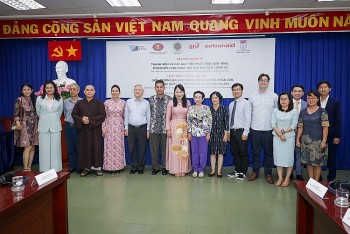 | Activities to Support Vietnamese Youth in Post-pandemic Sustainable Development Goals The seminar with the theme "The young and sustainable development goals towards post Covid-19 pandemic recovery" was held on the morning of September 29. |
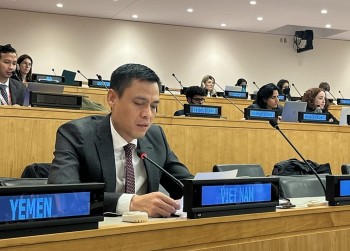 | Vietnam Calls For Joint Efforts To Promote Sustainable Development At the Economic and Financial Committee meeting during the UN General Assembly’s 77th session, Vietnam called for national, regional and global efforts to promote sustainable ... |

